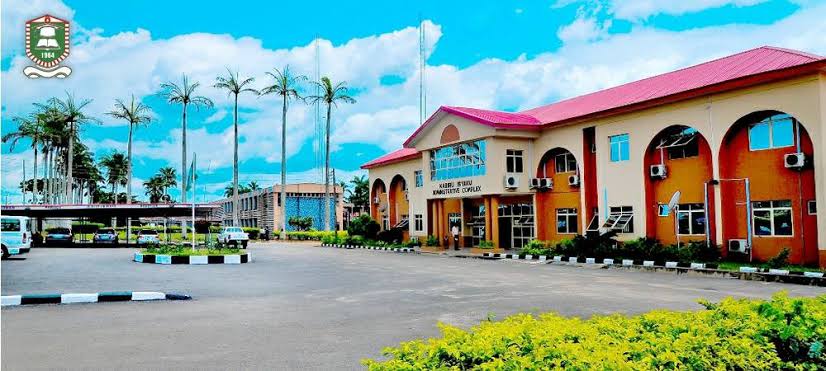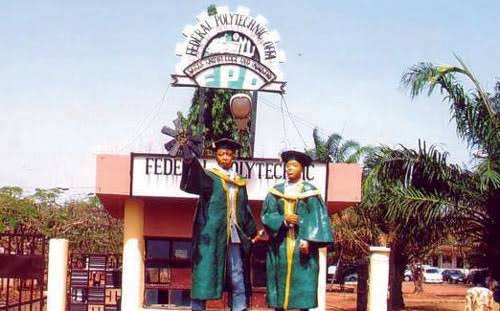The Federal University of Agriculture, Abeokuta (FUNAAB), is spearheading a major agricultural initiative to address the critical tomato shortage and soaring prices plaguing the market.
In a groundbreaking move, the university has successfully planted over two hectares of tomatoes, a venture spearheaded by the institution’s Farm Practical Year (FPY) students.
The project began with the cultivation of more than 60,000 tomato seedlings in 600 trays, each housing 105 seedlings, at the university’s Soilless Farm in Ogun State. These seedlings have now been transplanted into the farm, promising a substantial yield.
During an inspection visit on June 23, 2024, Prof. Babatunde Kehinde, the Vice-Chancellor of FUNAAB, commended the progress of the tomato farm.
He emphasised the dual benefits of the initiative, noting that it not only aims to meet immediate market demands but also provides invaluable hands-on agricultural training for the students.
“We expect a bountiful harvest in three months, which should bring some relief to both consumers and sellers alike,” Prof. Kehinde stated.
He also highlighted plans to expand the project to include pepper cultivation and introduce Cobra and Platinum tomato seed varieties.
In addition to the tomato farm, Kehinde inspected the FUNAAB/NOLAP Cattle Ranch. He reviewed the maize section, cattle feed growing area, and the fresh, table-ready tomatoes set to go on sale today at 10 a.m. behind the FUNAAB Staff School.
This multifaceted approach not only aims to ease current market pressures but also equips students with practical experience, preparing them for future agricultural ventures. Prof. Kehinde called for more collaborative efforts to broaden the scope of the project, emphasising the university’s commitment to innovative agricultural solutions and student empowerment.
The tomato harvest is anticipated by the end of September 2024, marking a significant step toward stabilizing the local tomato market and providing a model for addressing similar agricultural challenges in the future.















